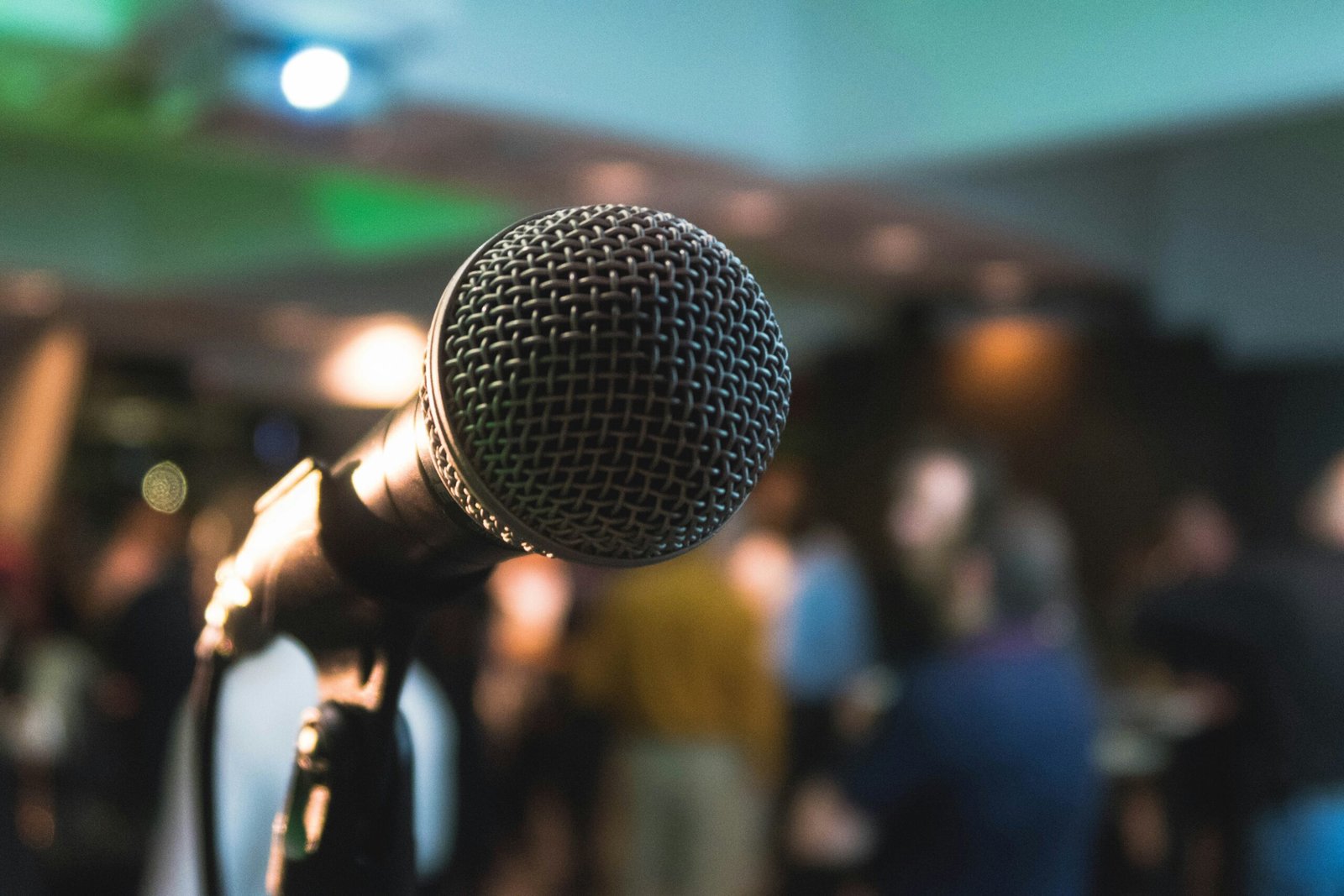The Optimal Dosage of CBD for Sleep: Factors to Consider
Finding the perfect balance when it comes to CBD consumption for better sleep is a journey that involves understanding your body, your needs,…
Table of contents
Finding the perfect balance when it comes to CBD consumption for better sleep is a journey that involves understanding your body, your needs, and the quality of the product. In this comprehensive guide, we’ll dive deep into the topic, discussing the optimal dosage of CBD for sleep, the factors that influence it, and actionable tips to help you achieve a more restful night.
Understanding CBD and Its Impact on Sleep
Cannabidiol (CBD) has been widely recognized for its therapeutic properties, including its ability to alleviate anxiety and promote relaxation. Many users have turned to CBD as a natural remedy to improve sleep quality without the side effects commonly associated with traditional sleep aids.
How CBD Works for Sleep
CBD interacts with the body’s endocannabinoid system specially in products such as Gummy For Sleep or in THCV CBD Isolate Oil, which plays a crucial role in regulating various functions, including sleep. It can help reduce anxiety, pain, and stress—common culprits of sleep disturbances. However, the effectiveness of CBD often depends on the dosage of CBD for sleep that you take.
Factors Influencing the Optimal Dosage of CBD for Sleep
Determining the right CBD dosage for sleep isn’t a one-size-fits-all process. Several factors come into play:
1. Individual Physiology
- Body Weight and Metabolism: Heavier individuals or those with faster metabolisms might require a higher dosage to experience the desired effect.
- Tolerance Levels: Regular users may develop a tolerance over time, necessitating adjustments in dosage.
2. Quality and Potency of CBD Products
- Product Formulation: CBD comes in various forms—oils, capsules, gummies, and topicals. The absorption rate differs among these, affecting how much CBD is needed.
- Concentration: High-potency products can deliver a larger dose in a smaller serving, which might be beneficial for those who need a stronger effect to combat insomnia.
3. Specific Sleep Issues
- Difficulty Falling Asleep vs. Staying Asleep: Some people struggle with insomnia, while others have trouble maintaining sleep throughout the night. Your specific sleep challenges can influence your dosage of CBD for sleep. For example, a lower dose may help with falling asleep, whereas a slightly higher dose could be necessary for maintaining a deep, uninterrupted sleep.
4. Method of Consumption
- Sublingual vs. Edible: Sublingual methods (placing CBD oil under the tongue) allow for faster absorption compared to edibles, which pass through the digestive system. This means the timing and dosage might vary based on the method used.
- Timing: Taking CBD too early might result in diminished effects by bedtime, whereas taking it too late could lead to grogginess the next morning.
5. Consultation with Health Professionals
Before beginning any new supplement regimen, particularly for sleep issues, it’s important to consult with a healthcare provider. They can help determine the most appropriate dosage of CBD for sleep based on your health history, current medications, and overall wellness goals.
How to Determine Your Ideal CBD Dosage for Sleep
Start Low and Go Slow
A common recommendation among CBD experts is to start with a low dosage and gradually increase until you find what works best. This method helps minimize any potential side effects and allows your body to adjust to CBD’s effects over time.
Keep a Sleep Journal
Documenting your sleep patterns, dosage levels, and overall well-being can provide valuable insights. Note any changes in your sleep quality, how long it takes to fall asleep, and how restful your sleep is. This record can help you adjust your dosage of CBD for sleep more effectively.
Experiment with Timing
The timing of your CBD consumption can significantly impact its effectiveness. Consider taking CBD 30 minutes to an hour before your bedtime. This gives the supplement time to take effect and promote relaxation, setting the stage for a smooth transition to sleep.
Consider the Environment
Alongside CBD, create a sleep-friendly environment:
- Dim Lighting: Reduce exposure to bright screens and harsh lighting.
- Calming Rituals: Incorporate practices such as meditation or gentle stretching to signal your body that it’s time to wind down.
- Comfortable Bedding: Ensure your sleep environment is comfortable and free from disturbances.
Additional Tips for Enhancing Sleep Quality
Combine CBD with Other Natural Sleep Aids
Some individuals may benefit from a combination of CBD and other natural supplements like melatonin, magnesium, or herbal teas such as chamomile and valerian root. These can work synergistically to promote relaxation and improve sleep quality.
Maintain a Consistent Sleep Schedule
Consistency is key in regulating your body’s internal clock. Try to go to bed and wake up at the same time every day, even on weekends. This regularity can enhance the effectiveness of your dosage of CBD for sleep.
Monitor for Side Effects
While CBD is generally considered safe, some people may experience mild side effects such as dry mouth, dizziness, or changes in appetite. If you notice any adverse effects, consider reducing your dosage or consulting with a healthcare provider.
The Science Behind CBD and Sleep
Research into CBD’s effects on sleep is still evolving, but early studies suggest that CBD may help manage sleep disorders by addressing underlying issues such as anxiety and chronic pain. By promoting a state of calm and reducing inflammation, CBD may assist in extending the duration of deep, restorative sleep.
Emerging Research
Several studies have pointed to the benefits of CBD in improving sleep quality. For instance, research indicates that CBD may help reduce sleep disturbances in individuals with conditions like chronic pain, PTSD, and anxiety disorders. Although more research is needed, these findings support the growing popularity of CBD as a natural sleep aid.
FAQ

1. What is the ideal dosage of CBD for sleep?
The optimal dosage of CBD for sleep varies by individual. It is best to start with a low dose, typically around 10-20 mg, and gradually increase until you achieve the desired effect. Always consult with a healthcare provider for personalized advice.
2. How quickly does CBD work for sleep?
CBD taken sublingually can start working within 15-30 minutes, while edibles may take 45 minutes to an hour to show effects. The timing may vary based on individual metabolism and the form of CBD used.
3. Can I take CBD every night to help with sleep?
Many users find that taking CBD nightly can improve sleep quality. However, consistency is key, and you should monitor your body’s response. Long-term usage should be discussed with a healthcare provider to ensure it remains effective and safe.
4. Are there any side effects associated with using CBD for sleep?
CBD is generally well-tolerated, but some users may experience side effects such as dry mouth, dizziness, or changes in appetite. If you experience adverse reactions, consider adjusting your dosage or speaking with a medical professional.
5. How do other factors, such as body weight or tolerance, affect the dosage of CBD for sleep?
Body weight, metabolism, and individual tolerance levels play a significant role in determining the right dosage. Heavier individuals or those with a faster metabolism might need a higher dose, while regular users may require adjustments due to increased tolerance.
Conclusion
Finding the optimal dosage of CBD for sleep is a personalized process that involves understanding various factors—from individual physiology to product quality and consumption methods. By starting low, monitoring your response, and adjusting as needed, you can harness the benefits of CBD to enhance your sleep quality naturally. Always remember to consult with healthcare professionals when integrating new supplements into your routine.
Embrace a holistic approach to sleep by combining good sleep hygiene, a healthy lifestyle, and mindful use of CBD. As research continues to evolve, staying informed will help you make the best decisions for your health and well-being.







